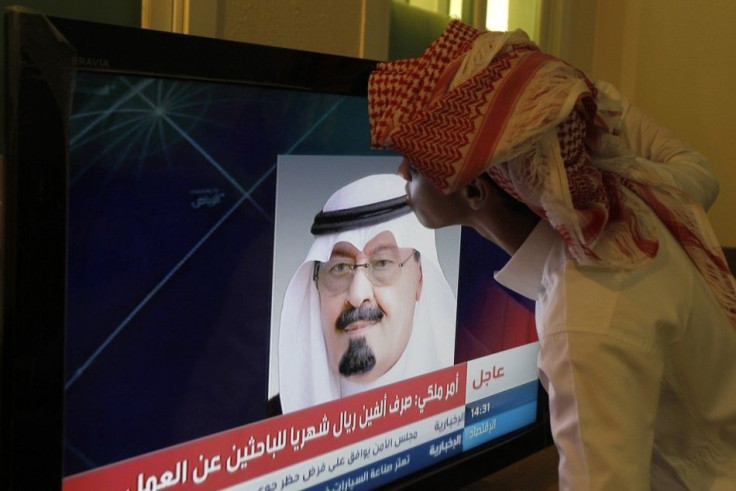Saudi Arabia plans municipal elections next month

As a small concession to protesters seeking comprehensive political reforms, the kingdom Saudi Arabia said it will hold municipal elections later this month.
The first phase of the elections will start on [April 23], the ministry of municipal and rural affairs said in a statement.
The ministry did not provide further details on the elections, nor did it mention if women could participate.
The existing 150-member Majlis al-Shoura council, the country’s assembly, is solely appointed by the king and only serves an advisory role.
However, the kingdom has previously held municipal elections in February 2005 (the first such poll in four decades) --- but that process excluded females from both voting and from running as candidates.
The government had also planned to hold elections in 2009, but delayed it for two years.
The Saudis are clearly seeking to avoid the kind of turmoil witnessed across the Arab political landscape.
Already, King Abdullah has offered huge financial packages to his subjects – thus far, protests within the country have remained relatively sparsely-attended and sporadic.
The most active protesters have come from the Shia minority, who largely live in the oil-rich eastern portion of the kingdom.
According to a report in Al Jazeera, the demand by the Saudi public from more self-ruling local municipal bodies has existed long before the current wave of protests in the Middle East.
Hussein Shobokshi, a columnist at the Asharq Alwasat newspaper, told Al Jazeera: I don't think you need to link both events: what's happening in the Middle East with the Saudi policies that have been taking place. There [were] a lot of demands by the Saudi public, and some government officials to empower these elected bodies ... that were introduced a few years back, particularly after the failure of some of them to deal with the crises, like the floods of Jeddah and other such events. These are internal issues that were raised by the press and the media, as well as some initiatives by businessmen and chambers of commerce and even human rights commissions to deal with these in a better manner. Empowering these bodies would definitely help delivering better elections.
Shobokshi also cautioned that Islamist parties are likely to dominate any elections.
We can see some participation from various members of society,” he stated.
“Saudi Arabia is a very diverse society ... the past elections, the last and only election that was held, did see an important participation by Islamists. And the results showed that they had the most ability to organize, collect money and be in power, and I think they are preparing for another round.
Meanwhile, the authorities in the kingdom have emphasized that they will not tolerate any form of protests or civil unrest.
Indeed, prominent clerics have characterized anti-government protests as un-Islamic.
All political parties are banned in the kingdom.
© Copyright IBTimes 2024. All rights reserved.





















